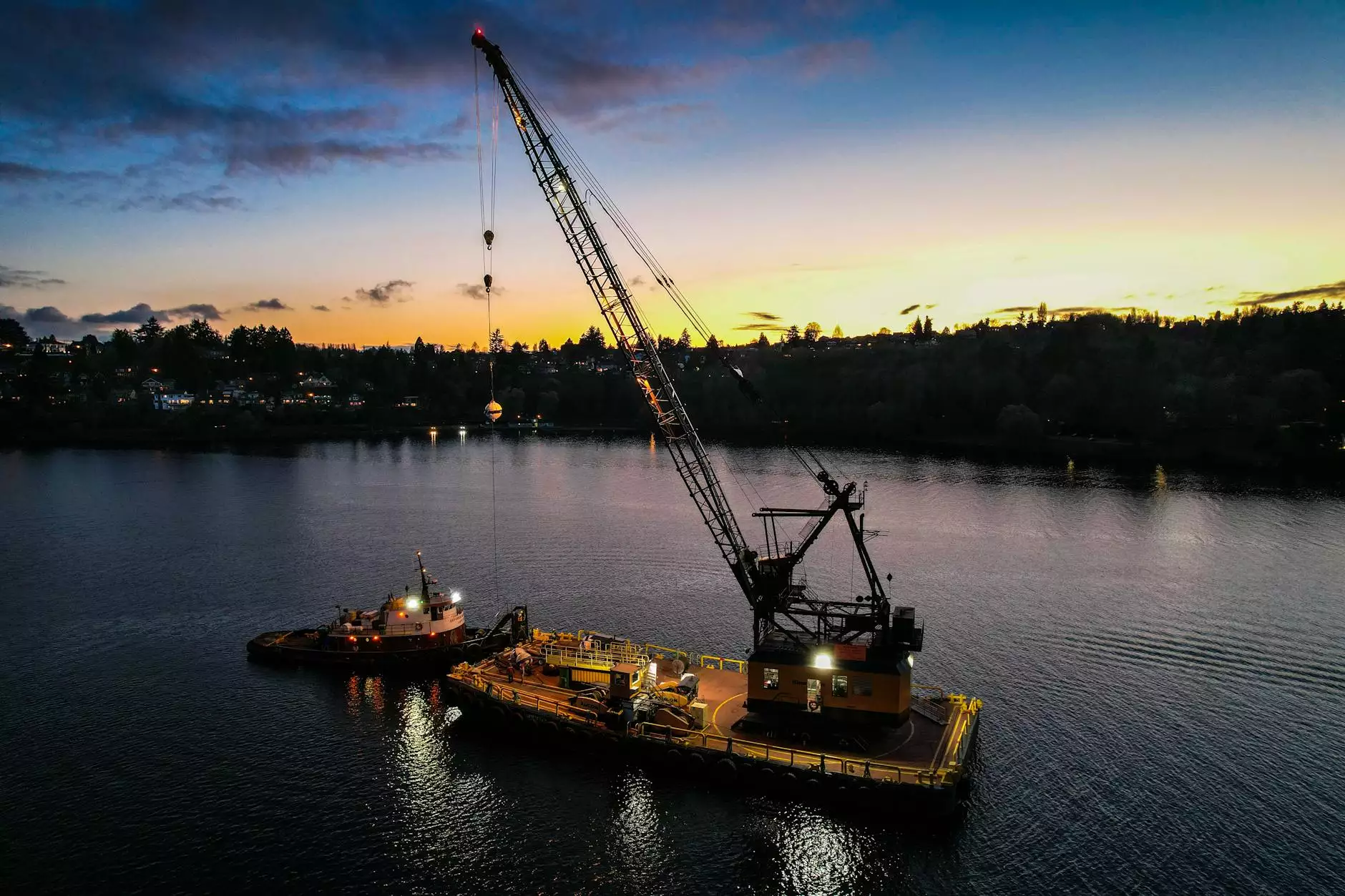Understanding Adverse Possession in Washington State

In the realm of real estate law, few concepts are as intriguing and complex as adverse possession. This legal doctrine allows individuals to claim ownership of land under certain conditions, even if they do not hold the formal title. In this article, we will delve into the intricacies of adverse possession WA, its requirements, and its implications for property owners and prospective claimants alike.
What is Adverse Possession?
Adverse possession is a legal principle that allows a person to claim ownership of land after possessing it for a specific period of time, as defined by state law. The essence of adverse possession lies in the idea that land should not be left unused or neglected, and if someone openly uses and controls the property, they may have a right to it, even without the owner's consent.
Key Elements of Adverse Possession
To successfully claim adverse possession in Washington State, certain legal requirements must be met. These elements vary slightly from state to state, but generally include:
- Actual Possession: The claimant must physically occupy the property, demonstrating control over it.
- Exclusive Possession: The possession must be exclusive, meaning the claimant does not share possession with the true owner or the public.
- Open and Notorious Use: The use of the land must be visible and apparent, not secretive. The true owner should be able to notice the occupation.
- Hostile Claim: This doesn’t necessarily mean aggressive; rather, it indicates that the possession is without the permission of the original owner.
- Continuous Use: The claimant must continuously occupy the property for a statutory period, which in Washington is typically ten years.
The Legal Framework for Adverse Possession in Washington
The legal framework governing adverse possession in Washington is codified in RCW 7.28.070, which outlines the requirements and conditions under which a person can successfully claim ownership of land. Understanding this legal framework is crucial for both property owners and potential claimants.
Statutory Period
In Washington State, the required period of continuous possession is ten years. This means that the claimant must meet all the conditions outlined above for a consecutive duration of ten years. After this period, if the claim is valid, the claimant can file for a quiet title action to formally establish ownership.
Implications for Property Owners
For current property owners, the prospect of adverse possession can be alarming. It is essential to take proactive measures to protect your property rights. Here are some strategies to consider:
- Regular Inspections: Regularly inspect your property boundaries to ensure that no one is unlawfully occupying your land.
- Clear Boundaries: Mark your property lines clearly with fences or markers to deter potential claims of adverse possession.
- Legal Action: If you discover someone encroaching on your property, be prepared to take legal action promptly to assert your rights.
How to Claim Adverse Possession
For individuals seeking to claim ownership of a property through adverse possession, it is vital to follow a structured approach:
- Document Everything: Keep detailed records of your possession, including dates, photographs, and any improvements made to the property.
- Show Continuous Use: Ensure that your use of the property is continuous and not interrupted by the true owner.
- Consult an Attorney: Given the complexities involved in real estate law, it is wise to consult with a qualified attorney who specializes in real estate law to guide you through the process.
Challenges in Proving Adverse Possession
Proving adverse possession is not merely a matter of time; it requires substantial evidence to meet the statutory requirements. Claimants may face several challenges, including:
- Disputes Over Possession: If the true owner contests the claim, the burden of proof lies with the claimant.
- Burden of Evidence: Providing adequate documentation and witness testimonies can be crucial in establishing a case.
- Legal Hurdles: Navigating the legal system can be complicated, and failure to follow proper procedures can lead to the denial of a claim.
Preventing Adverse Possession Claims
Property owners can take several steps to prevent adverse possession claims against their property:
- Maintain Regular Use: Regularly using and inspecting the property underlines ownership.
- Respond to Incidents Promptly: Should you notice unauthorized use of your property, respond immediately to assert your rights.
- Educate Yourself: Understanding the laws surrounding property ownership and adverse possession can help you protect your interests.
Conclusion
The doctrine of adverse possession adds an interesting dimension to property law in Washington State. Whether you are a property owner or a prospective claimant, understanding the intricacies of this legal principle is paramount. With ten years of continuous, open, and exclusive possession, it is possible to gain ownership rights, but it is fraught with legal complexities and challenges.
For anyone navigating the waters of adverse possession WA, engaging with a knowledgeable attorney can make all the difference. They can provide crucial insights and represent your interests effectively, whether you are defending against a claim or seeking to establish one.
At McFerran Law, our team of skilled lawyers specializes in real estate law and is here to guide you through the many facets of property ownership and adverse possession claims. We strive to ensure that your rights are protected and that you fully understand the implications of any property transaction.








